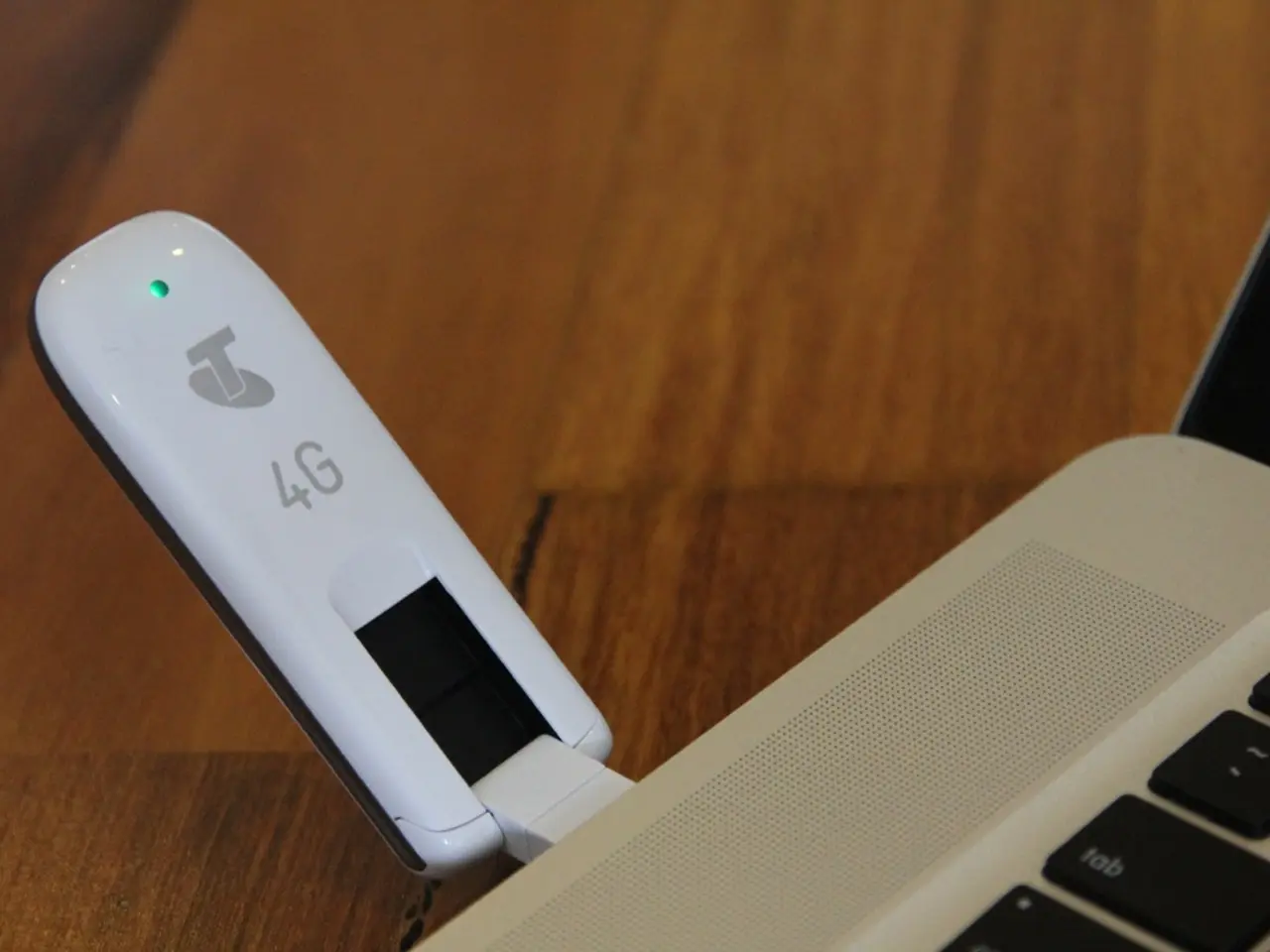Is the USB-C connection potentially hindering technological advancement?
The European Union's recent mandate, effective from 2024, requires all small electronic devices sold in the EU to adopt USB-C charging ports. This move is aimed at reducing electronic waste and enhancing charging standardization, but it has sparked debates about potential impacts on innovation in the tech industry.
Under the new regulation, companies like Apple have been forced to abandon their proprietary Lightning port in favour of USB-C in recent iPhone models. However, the mandate may limit some companies' ability to innovate freely with new charging technologies. For instance, Apple is considering removing the USB-C port entirely on the upcoming iPhone 17 Air, opting for a fully wireless charging system using enhanced MagSafe technology and the Qi2 wireless charging standard.
The European Commission has indicated that fully wireless charging solutions might be exempt from the USB-C requirement if they meet or surpass the usability of traditional ports. Yet, this exemption remains a challenge, as companies must demonstrate equivalence or superiority in wireless charging usability to bypass the mandate.
Critics argue that while the USB-C mandate benefits sustainability, it could also stifle innovation by locking manufacturers into a specific, standardized technology rather than allowing the development of potentially better charging methods such as fully wireless or other future solutions.
In summary, the EU's USB-C mandate positively contributes to sustainability goals by reducing e-waste and enhancing charging standardization. However, it potentially restricts manufacturer innovation freedom by limiting proprietary or novel port designs. The mandate encourages wireless charging innovation, but with potential regulatory constraints. Apple's strategic response, complying with USB-C while planning to innovate beyond with wireless charging, highlights the tension between regulation and innovation in this context.
As the industry continues to evolve, it remains to be seen how the EU's USB-C mandate will shape the future of charging technology and the balance between environmental goals and technological innovation.
- The potential exemption for fully wireless charging solutions, as proposed by the European Commission, could allow companies like Apple to innovate with new charging technologies, such as the Qi2 wireless charging standard and enhanced MagSafe technology, in future devices like the iPhone 17 Air.
- While the EU's USB-C mandate aims to reduce electronic waste and standardize charging, the restriction of proprietary or novel port designs could limit the innovation of tech companies, potentially hindering the development of future generations of gadgets and smartphones that utilize groundbreaking charging technologies.




